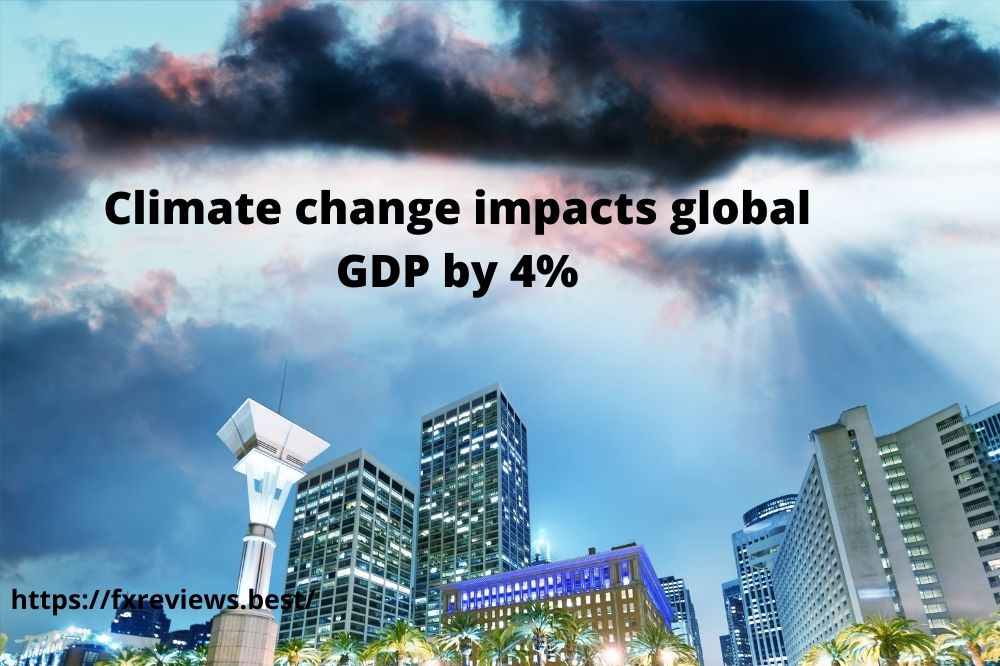By 2050, climate change might cost the global economy 4% of its yearly output, disproportionately affecting the poorest portions of the world. Countries near the equator or small islands are more vulnerable, and economies relying on agriculture are more likely to be harmed than those with significant service sectors.
S&P Global (SPGI), which assigns credit ratings to countries based on the strength of their economies, recently released research that examines the potential impact of increasing sea levels, droughts, and storms.
The new data would not be incorporated into the firm’s sovereign rating models since there were still too many unknowns, such as how countries would respond to the changes.
On Wednesday, the euro fell to its lowest level since 2017 as investors rushed to buy dollars as concerns about global inflation expectations grew.
European equities tumbled, though not as much as on Wall Street, where the tech-heavy Nasdaq 100 finished at its lowest level, down 3.3 percent. At the open, Wall Street futures predicted a slight comeback.
This week, investors have been focused on the earnings of some of Wall Street’s largest companies, hoping that they could provide a counterpoint to the barrage of bad news that has pummelling equities.
In currency markets, a strong dollar has caused the sterling and the Japanese yen to lose ground. Investors are still concerned about the war in Ukraine and its influence on energy markets.
China’s rigorous COVID-19 regulations, according to industrial giants like GE and manufacturer Mercedes Benz, are exacerbating supply chain disruptions and raising business uncertainty.
This has placed a gloom over financial markets, which are concerned about a hit to the world economy, which is only now beginning to recover from the pandemic’s effects.
Even as businesses struggle to keep up with rising labor and raw material costs, the Russian invasion of Ukraine and subsequent Western sanctions have pushed up energy prices.
The company, which is already dealing with chip scarcity and increased raw material costs, said it would keep raising prices to compensate for inflation and supply chain costs.
More Trading News


